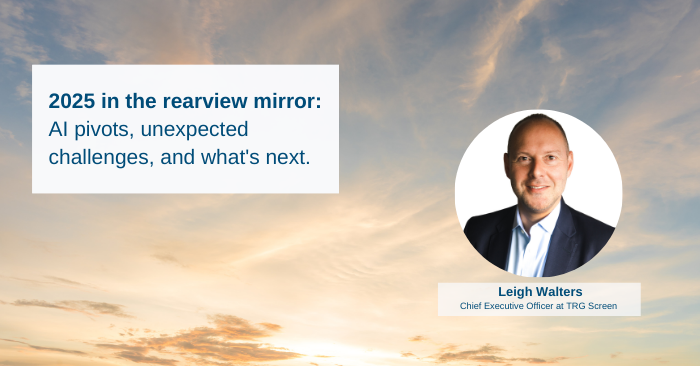Effective Reference Data Management (RDM) involves the organization, categorization, and supervision of reference data – the foundational data used for classifying and contextualising other datasets. However, it is crucial to identify the strategies that lead to success in order to establish a robust RDM strategy.
Reference Data Management - What is it?
Within a financial institution, Reference Data Management (RDM) is a set of processes, people and technologies that enables organization, maintenance, and optimization of reference data. At a high level, RDM can be split into three functional areas:
– Managing Reference Data usage and spend
– Managing Reference Data quality, availability and distribution
– Managing Reference Data governance and policies
Managing usage and spend, as well as data governance, are crucial functions that span across multiple areas of a business and benefit from having centralized teams within organizations managing these. Managing the quality, availability, and distribution of data is specific to each entity within an organization. As different business units have varying requirements for data sourcing and distribution, it is advisable to separate these functions into silos within the organization.
In the following blog explore tips for success when dealing with Reference Data usage and spend.
Reference Data Management: tips for success
1. Usage Monitoring
Gaining insights of how data is consumed is a fundamental aspect of an effective RDM strategy. By monitoring data usage, you can uncover patterns, analyze data flows, and make more informed decisions that lead to predictable outcomes. It is important to focus on both inbound and outbound data to gain a comprehensive view and unlock valuable insights through advanced analytics.
2. Actively Controlling Non-production data usage
By implementing strict controls on data access, you can eliminate unnecessary expenses on datasets that do not provide genuine business value. This proactive approach not only helps you avoid compliance issues and licensing complications but also ensures that you mitigate cost spikes and optimize your spending. Creating data access control rules within your organization is a crucial step in managing reference data effectively, and this applies to not just non-production data.
3. Checking and reconciling invoices
Reconciling invoices maintains accountability and reduces spend leakage. Having mechanisms in place to check that your organization is being charged correctly, in line with current agreements is essential. Errors & mistakes can occur, but implementing invoice validation tools eliminates uncertainty and upholds accountability and transparency.
4. Know what data you have and what data you have access to
Cataloguing data goes beyond identifying the data your organization possesses. It involves understanding the spectrum of available data, including both external vendor sources and internal sources, while leveraging metadata attributes to enhance the data's meaning. By comprehensively assessing the data landscape, you can minimize redundancy, gain a deep understanding of user requirements, and effectively manage expenses.
5. Establishing cross-organizational team units for RDM
For maximum effectiveness, it is essential to incorporate the usage and spend function of Reference Data Management within a cross-business team. By globalizing RDM operations across expansive organizations, it enables insights-driven decisions that greatly benefit the entire enterprise in a seamlessly coordinated manner. This is especially true for optimizing usage and cost, as well as ensuring efficient data governance.
6. Leveraging External Expertise
Understanding the complexities of RDM and how complex reference data commercials can be, seeking guidance from experts augments your data management strategy. By collaborating with knowledgeable professionals, you can gain valuable insights into best practices, innovative tools, and strategic methodologies. It is important to choose experts who continuously add value to your team, providing ongoing support rather than just performing one-off exercises.
How can we help with successful reference data management?
Navigating the complexities of Reference Data Management can be a challenging task, leaving firms uncertain about where to begin and how to efficiently deliver value without disrupting their business operations. Xmon - offered in partnership with Xpansion - our reference data usage management software solution helps Data Operations teams establish proactive control, transparency and governance over reference data usage & spend. With Xmon, organizations achieve cost efficiencies, streamline data access and ensure usage compliance.
Successful reference data management using Xmon
Back in May at the annual DKF Conference (D-A-CH Congress for Financial Information) in Munich, Amjad Zoghbi, director at Xpansion gave a interesting presentation on 'Managing market data with confidence: The role of Reference Data Management'.
Amjad provides an insightful introduction to reference data and the challenges of reference data management. He discusses 4 basic principles for a strong reference data management strategy. Talking through some client case studies, Amjad showcases the remarkable results others have achieved through effective reference data management using Xmon.







